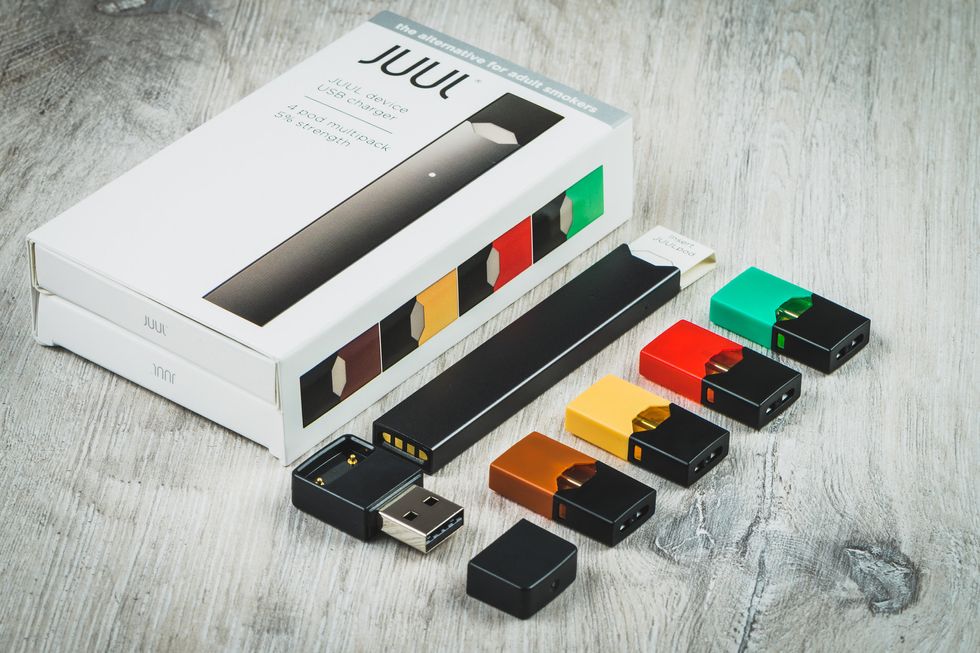The Food and Drug Administration ruled Wednesday that e-cigarette use has reached an "epidemic" proportion. In particular, the government has had its eyes on Juul Labs. The FDA has seen a sudden increase in youth ages 18-24 who vape; the real concern is that in just 2016, the US General Surgeon documented a 900% increase in e-cigarette sales with most of these customers being high schoolers.
No wonder the vape giant, Juul, is on the FDA's radar. Created by two Stanford graduates, the Juul took the market by storm--being successful enough to create a culture sensation around it that makes it a staple in high schools and college campuses--but now the FDA is threatening to end it's short-lived reign in 60 days if companies don't prove they can meet government standards.
Soon to be released vape-prevention ads are in the works of being broadcasted as part of the FDA's campaign to end vaping. We can expect these ads to resemble the popular anti-cigarette ads by the Truth campaign that we regularly see on TV.
The FDA is also delving into the marketing techniques of e-cigarettes, namely those of Juul Labs and whether they deliberately try to appeal to minors with all the different flavor options they provide.
Overall, we have not yet entered the "prohibition-era." The Food and Drug Administration is trying to speed up the approval process of the retail of e-cigarettes, however this requires many little steps from establishing the maximum nicotine level permitted in any e-cigarette, implementing marketing restrictions, further researching the overall health effects of vaping liquid, to controlling vape e-commerce, and many more legal hoops for vape companies to jump through.
If vapes are going to be allowed on the market, they will be heavily regulated and FDA-approved. However, if research shows that vapes are behind a growing addiction epidemic with health risks, we are looking at the possibility of them being banned, which is something that is already happening outside of the U.S. Juul Labs has spoken out about the detrimental effect that banning e-cigarettes could have, with the possibility of the rise of an illegal "Grey Market," making consumption very dangerous. The FDA is in a difficult position weighing the possible cons of banning e-cigarettes and what it means for recovering tobacco addicts, however, the baseline is that the executive decision is still in the works.
In 60 days you may either be vaping an FDA-approved Juul or you may be in possession of contraband. Here's to the waiting game.



 Photo by
Photo by  Photo by
Photo by  Photo by
Photo by 



















